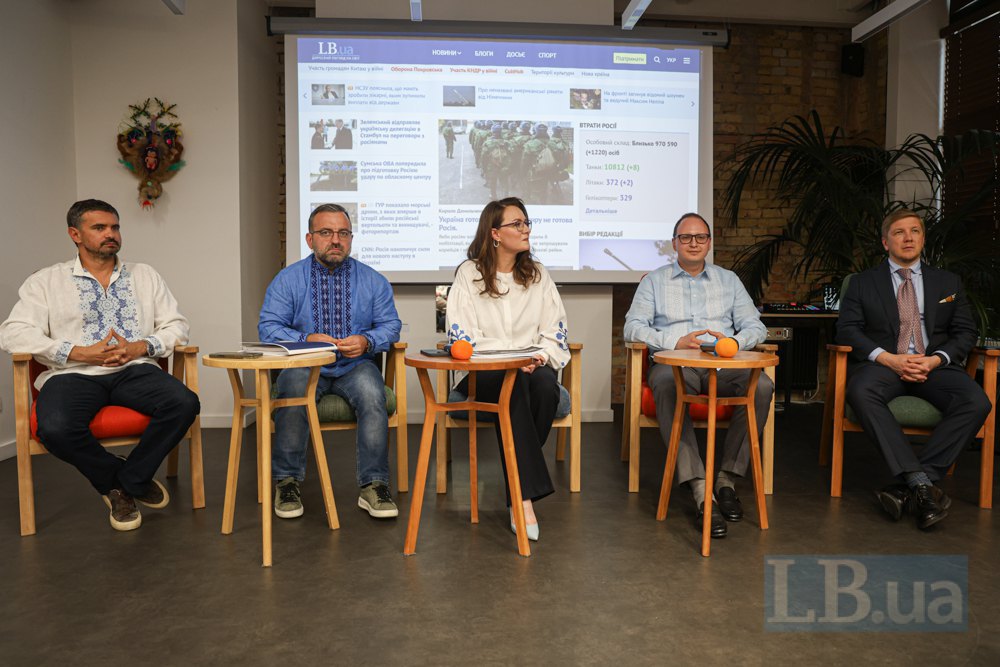What did Ukraine and the US sign?
Although the agreement with the United States provides for the development of Ukrainian mineral resources, it is about economic cooperation, says Deputy Prime Minister Yuliya Svyrydenko. This fund will be filled with contributions of 50% of new licences, payments, and production sharing agreements in the field of critical raw materials, oil and gas. However, it will neither produce nor participate in obtaining licences.
The agreement also does not provide for the transfer of subsoil, state-owned enterprises or licences to partners, which had been the subject of many concerns. And investments will be made exclusively in projects in Ukraine. Negotiations are even underway to ensure that Ukrainian companies are involved in development, exploration, research, processing, etc.
"The fund's task is to invest. There have been a lot of manipulations around this topic, saying that the fund will now go into geological exploration and mine or enrich uranium. It will not do this directly. It will finance projects that are potentially interesting," Svyrydenko said.
The Verkhovna Rada ratified the agreement, and the government sent a diplomatic note to the United States. And the other day (after this discussion) I received a diplomatic note from the United States. The Fund has become legally operational.
Additionally, the fund's managers - DFC, the U.S. International Development Finance Corporation, and the Public-Private Partnership Agency of Ukraine - signed two more commercial agreements. According to Yuliya Svyrydenko, they are technical - they define the committees, voting procedures, management, etc.
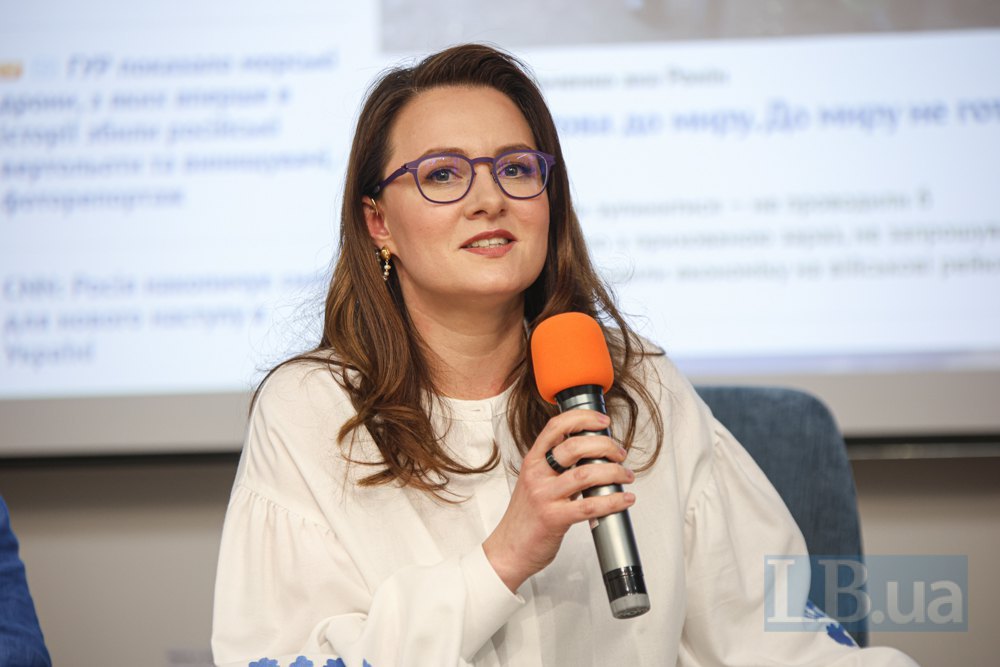
The fund has been created. What's next?
Next up, the Deputy Prime Minister notes, are organisational issues: three representatives from the US and three from Ukraine need to be appointed to directly manage the fund. Legal advisers need to be selected to help shape the investment policy, resolve the issue of contributions, etc.
But a number of regulatory decisions are needed to make the fund operational. The Americans are ready to move quickly to the next step, which is to formulate an investment policy and identify areas that will fall within the fund's scope, the Minister of Economy said.
The first money to launch the fund (in particular, to hire investment advisers) will come from the Americans by the end of September.
Why the US is interested in Ukrainian minerals
The list of minerals available in Ukraine includes 15-20 items that the United States imports 100% (including titanium), explains Deputy Minister of Environmental Protection and Natural Resources of Ukraine Yehor Perelyhin. "Another 15-20 items are imported by 75%. And some minerals are not traded on the open market at all, do not have a public official index quotation - these are direct trade relations between market operators. As an example, the Deputy Minister cited zirconium, germanium, gallium, hafnium, holmium, neodymium, etc.
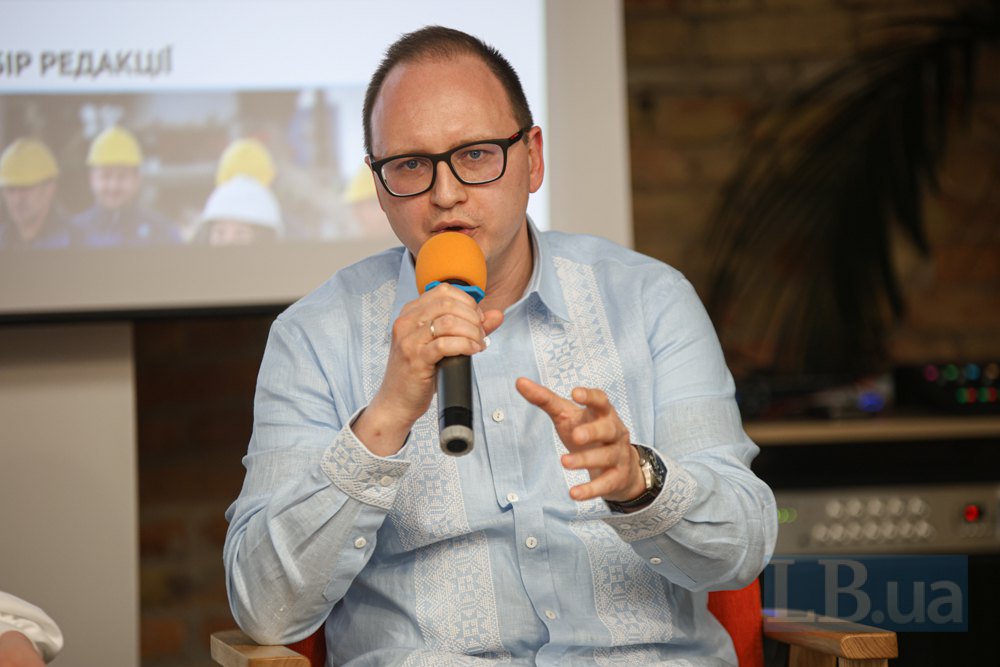
"We see that there is a fairly large list of critical raw materials where the American industrial complex and the American economy is completely dependent on China, as a rule. And the logic of such agreements (such as the creation of an investment fund with Ukraine - Ed.) is to diversify risks for our strategic partners... To give them the opportunity to work in our field, in our geography, in those areas that will meet their strategic needs. It should be a win-win for both parties," says Yehor Perelyhin.
The list of critical minerals is based on the principle that without them it is very difficult to imagine the economy of the future in certain sectors, explains Serhiy Voytsekhovskyy, member of the Board of Directors of BGV Group Management. "Such lists exist in the US, the EU and Ukraine.
They include graphite, the main component for the production of batteries, 97% of which is supplied by China.
"That is, any electric car contains at least 70 kilograms of spheroidised graphite, which is 97% produced in China. That's why the US and the European Union are embarrassed by this story and are trying to fix it somehow. It's not even a matter of economics, because the economic component of supplying this product from China is actually very attractive," Voytsekhovskyy says.
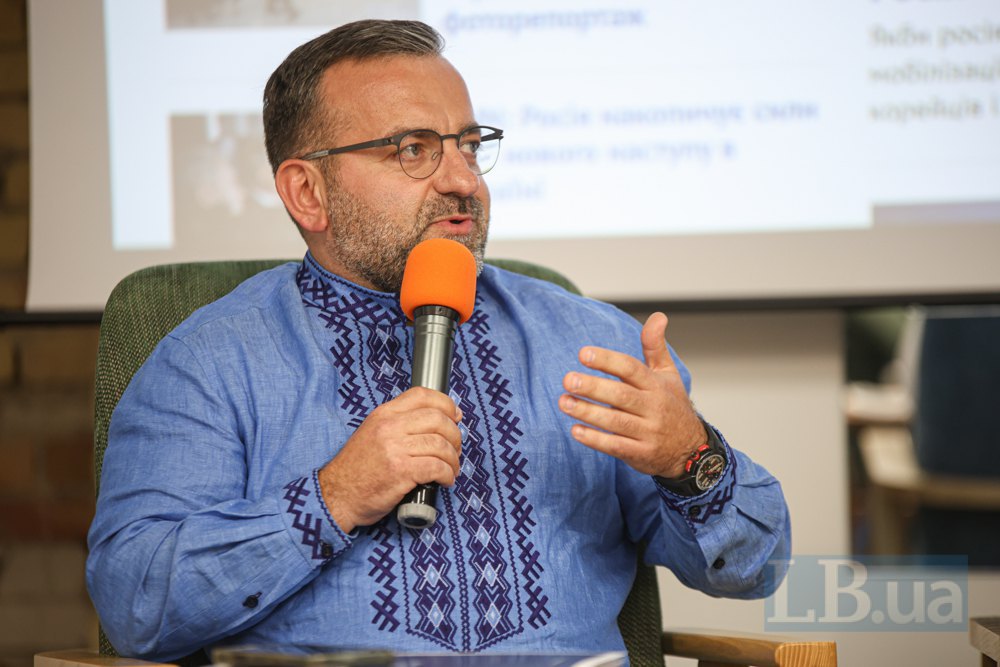
The same goes for lithium, adds Yehor Perelyhin. With technologies such as direct lithium extraction, China is the world's leading country, he notes. And this technology, said Andriy Kobolyev, former head of Naftogaz, is not allowed to be exported by China.
That is why the Americans are reviving at least five major lithium projects (e.g. Smackover, Thacker Pass) - they want independence, says Yehor Perelyhin.
"And our task is to attract technologies that are already being developed in America, starting with the extraction of lithium from geothermal brines, from normal brines. And bring it to our fields," he adds.
Also, according to Perelyhin, we have good positions for manganese to move into the fastest production dynamics; engineering and mining projects, processing projects related to germanium, gallium, hafnium, scandium.
It is also worth noting that Ukraine is the number one country in Europe in terms of titanium raw material reserves (Zhytomyr, Dnipro, and Kirovohrad regions). Without titanium, such giants as Boeing or Lockheed Martin cannot produce a single aircraft or aerospace engine. The United States imports 40,000 tonnes a year (which is a lot) from Japan or from Japanese producers in Saudi Arabia. At the same time, Deputy Minister of Ecology Yehor Perelyhin emphasises that Zhytomyr Region has one of the best positions in terms of the cost of mining and production of ilmenite minerals, the ore from which titanium is produced.
"There are 11 to 19 metres of stripping depth there, which is not deep at all. And the geological and physical characteristics of Zhytomyr Region allow us to operate so-called mobile quarries and modular factories, meaning we don't need to build a large processing complex,' said Perelyhin. 'In addition, in most cases in Zhytomyr Region, ilmenite minerals have a concentration of TiO₂ (titanium oxide) of more than 50%. I would say 52-54%. We have seen 56% and even more. These are sulphate ilmenites."
According to the representative of the Ministry of Environment, titanium deposits in the Dnipropetrovsk Region are multi-products - they contain ilmenite, rutile, zircon; they provide high margins and added value. And the depth of 50-60 metres indicates ilmenite chloride, which is used for high-tech processing into titanium sponge, which is a premium on the market plus $30-50 per tonne, Perelyhin emphasises.
"Ukraine is interesting because it produces a much higher quality product than China, which accounts for about 30-35% of the world's ilmenite production. It is much more interesting in terms of quality than Mozambique and Kenya. And our product is ideally suited for metal processing in the United States of America," explains the expert.
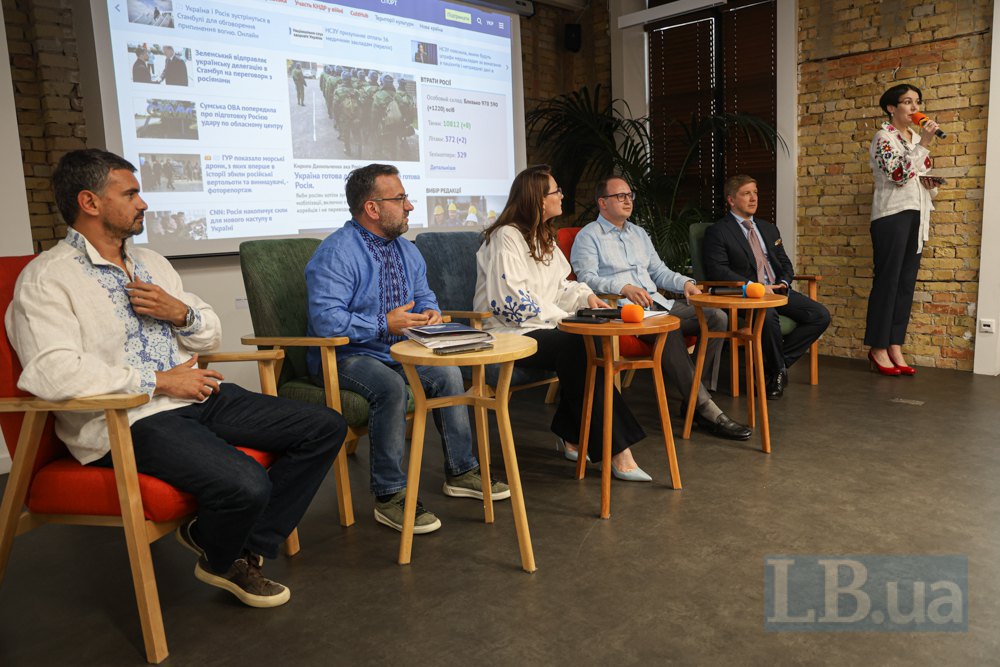
Why does Ukraine need this investment fund? Why can't we develop the deposits ourselves?
The agreement with the Americans, says BGV Group Management representative Serhiy Voytsekhovskyy, gives Ukraine three crucial components that Ukraine does not have to develop its natural minerals:
● access to technology
● financing
● markets.
Only a limited number of countries have the appropriate technology today, the expert emphasises, and the US is one of them.
Without investment, Ukrainian mining has no prospects - no business can finance graphite mining and spheroidised graphite production worth about half a billion dollars on its own. And Ukraine has not been integrated into global liquidity, so it is difficult to get cheap long-term financing, explains Voytsekhovskyy.
And even if you produce superior spheroidised graphite, the expert adds, it is difficult to sell it because the market for buyers is limited. These are mainly South Korea, China, the United States, the European Union, etc. And they have their own rules and principles of work.
And another important point, adds former Naftogaz CEO Andriy Kobolyev, is that DFC, which is the American manager of the newly created fund, can provide investors with risk insurance, without which no one wants to invest in Ukraine.
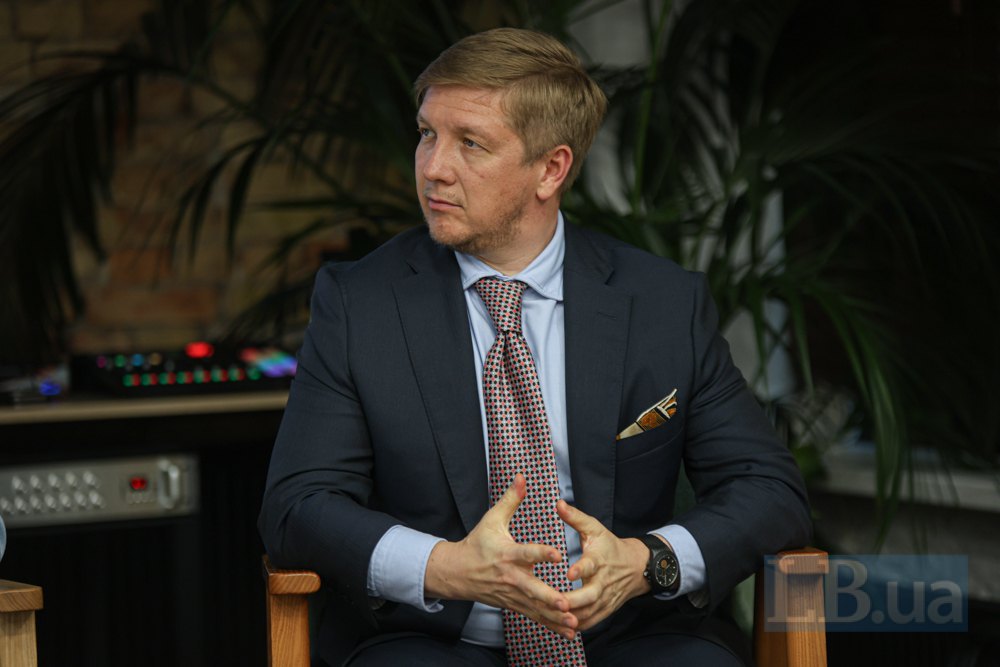
"There are now a large number of projects in the energy sector that demonstrate relatively high and attractive profitability. For example, energy storage systems, or so-called energy storage facilities. One project that I'm working on still doesn't have formal DFC insurance against risks, which include military and political risks. But it has an official letter saying that we will give you this insurance. And the subscription of investors with money for this project already exceeds the available potential assets by several times. More than €37 million has been raised, and another €120 million is just waiting. Because people are willing to give money only because of this insurance.
In fact, there are a lot of potential investors in Ukraine. But they want certain guarantees and certain conditions. That someone will compensate them for their investment if they arrive. Then they are ready to come. Therefore, if DFC opens this insurance umbrella over us, there will be more money than we can digest," said Kobolyev.
Ukraine sold its largest titanium deposit to Azerbaijan. Are these minerals going to Russia?
The question was raised by Tetyana Nikolayenko, a journalist with the Censor media outlet. She recalled that during privatisation, along with the United Mining and Chemical Company (UMCC), a major titanium ore miner, titanium deposits were acquired by Azerbaijan's Neqsol Holding. So what can be done to prevent Ukrainian ilmenite from going to Russia?
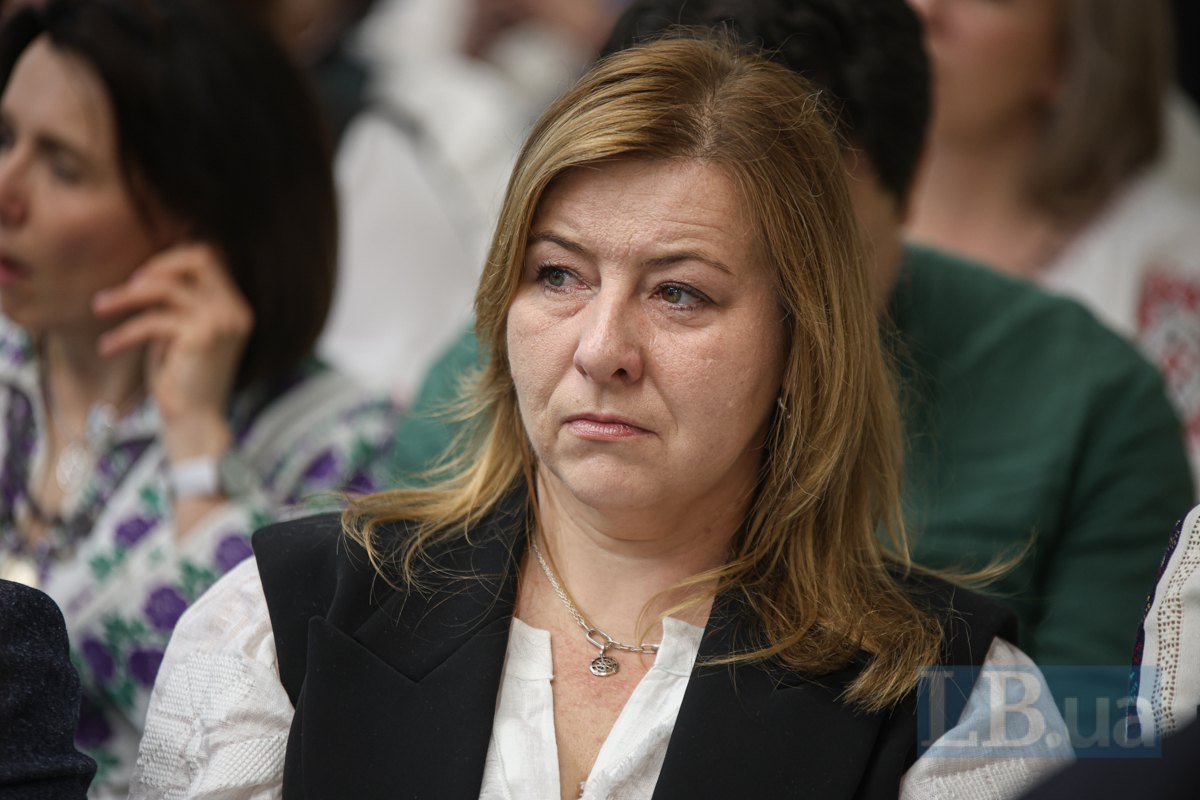
This question was answered by Serhiy Voytsekhovskyy, a member of the Board of Directors of BGV Group Management. He did not comment on the fact of privatisation, but called the assessment of this field as ‘the largest in Ukraine’ questionable.
"Vilnohirsk is not what it used to be. If you look at the Zhytomyr Region, Selyshchanka plus Irshansk, these are more interesting objects. At least they are on parity. This is a good facility in terms of resources and reserves, but it is not the largest," said Voytsekhovskyy.
He also commented on the export of ilmenite.
"Today, the US is the main consumer of Ukrainian ilmenite. It is no secret that it is Kemurs, which buys through Traxis. This is public information. Almost the entire flow of ilmenite goes there.
There is an export control system in place that allows us to fully control the supply chain to America from A to Z without any questions. I know that all the authorities you can imagine are involved there. So the last two years, it was a difficult two years, because we had to learn to work in this regulatory regime, but it works. And I can say that Americans are now consuming almost all ilmenite of Ukrainian origin," said Serhiy Voytsekhovskyy.
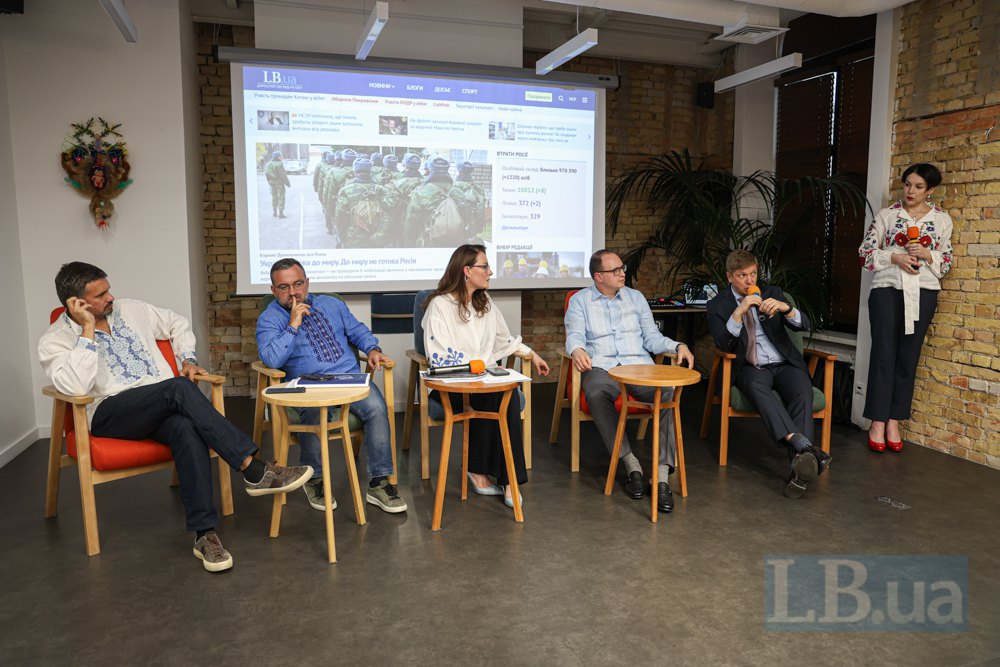
What is the economic impact of the deal?
Deputy Prime Minister Yuliya Svyrydenko does not undertake to estimate the possible economic impact in specific figures. According to her, everything will depend primarily on the contributions of the Americans.
"This can be direct funding from DFC or involvement of third parties. But if we analyse the list of investment projects, Svyrydenko notes, they are only at the development stage, so all of them will definitely need additional geological exploration, because the last ones were carried out in the 80s. In general, profitability will depend on our willingness to offer projects and the willingness of the Americans to make additional contributions," the official said.
Serhiy Voytsekhovskyy believes that there are private and state-owned oil and gas companies in Ukraine that can undertake additional drilling programmes and increase production. But for some reason (often due to a lack of investment), they do not do so. The newly created fund could invest in such projects, the expert says, if it is able to work with non-new projects.
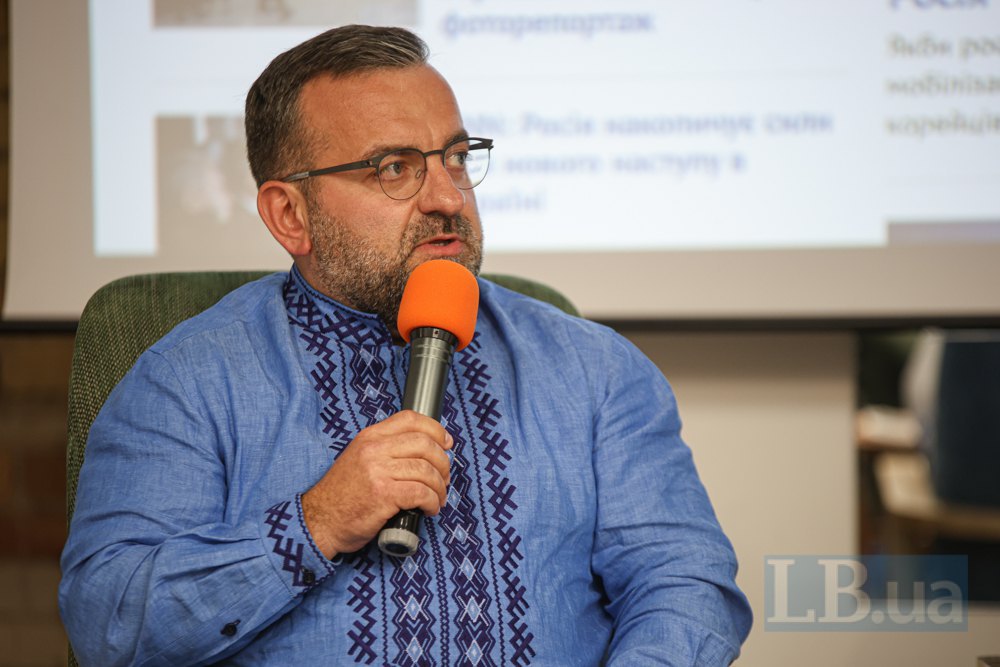
To implement the project from scratch, to reach at least the prefeasibility stage, or preliminary feasibility study, Serhiy Voytsekhovskyy notes that it will take two to five years, depending on the pace, and three to ten million dollars.
"Only foreign contractors will be able to do this. Because in Ukraine, there are no competent persons according to foreign standards who can put reserves on the balance sheet according to JORC (standards for public reporting of mineral exploration results in Australia - Ed.) and NI (relevant standards in Canada - Ed.). These will be Canadian, Australian, German, and American companies that specialise in this. And they are also very busy, because there is a boom in critical materials and minerals not only in Ukraine but also around the world," said the BGV Group Management representative.
At the same time, he sees both political and economic readiness of the Americans for such projects.
Former Naftogaz CEO Andriy Kobolyev assessed the prospects primarily in the gas production sector.
In the gas industry, he notes, there are many ready-to-implement projects (the initiative was digitised in 22-23) that are waiting for American money and technology. These include drilling deep, unconventional conductor wells followed by extensive horizontal drilling. The estimated cost of one such well is between $20 million and $30 million. There are 30-40 wells ready for drilling. They are located in the eastern part of Ukraine, but it is not a military zone.
"I think it is easy to produce a billion dollars in a year. But without a high-quality Western partner who knows how to drill horizontal wells on a conveyor and perform multistage hydraulic fracturing without caseing and in the American way, it is impossible. We have no such experience. We have some hints, but they are not enough.
If, as part of this idea, DFC provides insurance for these guys and they bring the equipment, there will be specialists who are not afraid of war... And that's what I'm afraid of the most. I'm afraid that the risk managers of some providers will say: we forbid bringing our specialists to Ukraine. This is the biggest risk. There are drilling rigs, candidates, technology - a billion dollars can be easily invested in this area in a year alone," Kobolyev said.
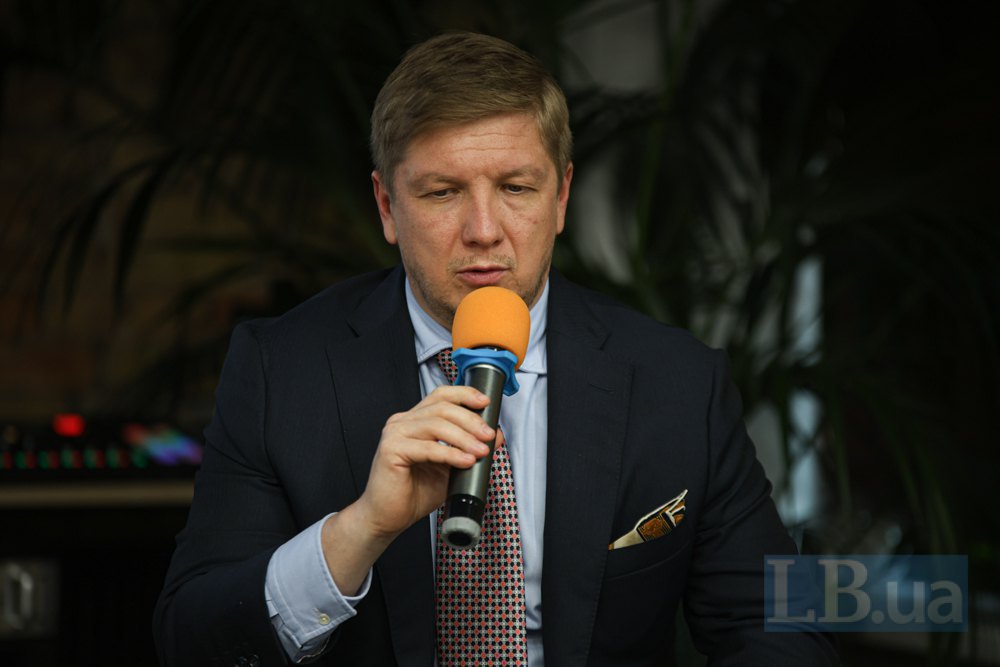
If the presentation is to be believed, he says, these large conductor wells with unconventional deposits could produce about 46 billion cubic metres of gas in about six years. That's a pretty big figure from this one project alone, Kobolyev notes.
"I will not talk about the figures in other industries, but in gas, this potential is relatively well calculated and known. It is estimated at tens of billions of dollars a year," adds the former head of Naftogaz.
But in light of this, Kobolyev emphasises that Ukraine needs to solve three urgent problems: lift the ban on exports of potentially extracted gas (some of it should be kept for domestic use, but no one is interested in selling it globally on the Ukrainian market); deal with dormant licences; and make the system of managing land permits and approving land allocation with local authorities transparent, as it is now just an ‘extortion auction’.
Does the agreement solve the problem of dormant licences?
The current system of licensing and management of mining permits in Ukraine is completely dysfunctional, says Andriy Kobolyev. It produces a lot of dormant licences and does not encourage companies to develop them and attract high-quality large investors.
If we look at the tenders held in 2019, these licences had been dormant since before the great war, the expert says.
However, the issue of dormant licences has not been discussed with American partners, said Deputy Prime Minister Yuliya Svyrydenko. Previously, it was said that Ukraine would fill the fund with contributions in the amount of 50% of new licences, payments, and production sharing agreements. As for the prolongation, such licences are not subject to contributions to the fund, the minister added.
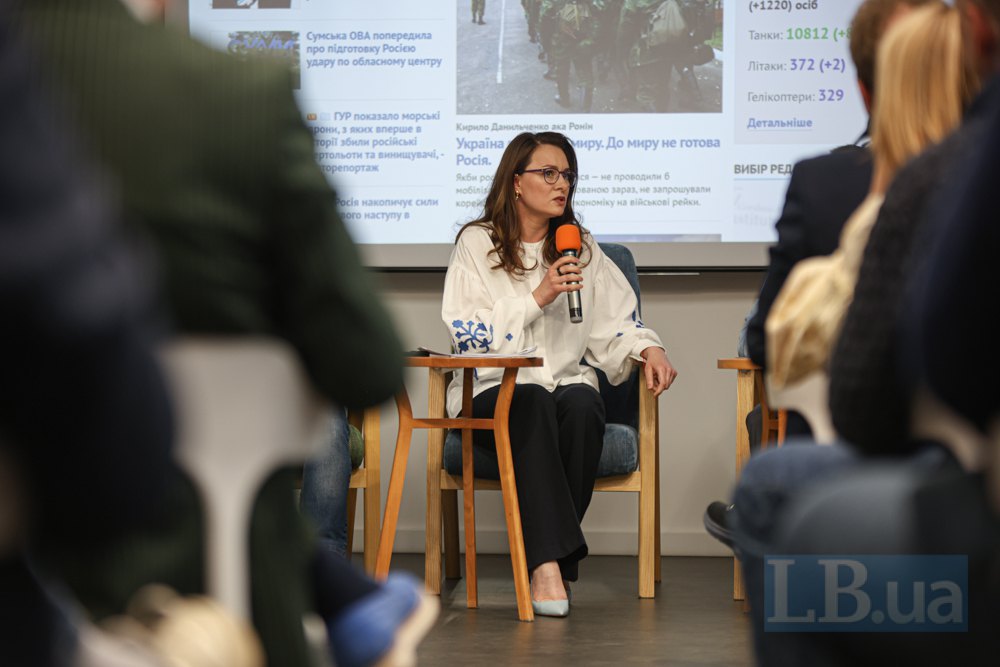
She also stressed that, according to the technical documentation, dormant licences are those for which there has been no production over the past ten years or its volume has not exceeded 1% of the standard set when the licence was issued. But in general, Svyrydenko summed up, this is not a question for her ministry, but for the Ministry of Environment.
Artificial intelligence predicts hundreds of billions of dollars for Ukraine from mining. Can this be true?
Tetyana Ostrikova, a former member of the Verkhovna Rada and now a member of the Supervisory Board of Altbank, said she asked artificial intelligence about the forecast impact of the US deal on GDP and the cumulative effect over the next 10-15 years.
"What it came up with. There is no forecasted impact on GDP until 30 years from now. In 30, GDP will be 0.3% higher with the agreement than without it. In 35, it will be 2.3% higher. By year 39, the difference reaches about 4.7%, which is equivalent to ten billion dollars. The cumulative effect - over 15 years, the cumulative benefit to Ukraine's GDP from the implementation of the agreement could reach more than $150-200 billion.
This is a conservative analysis. When asked what he was guided by, he said that during the US shale revolution, the impact on GDP was 1%. During large-scale production in Africa, it was 0.5%. And according to the conservative comparative scenario of the forecasted impact on GDP, he came up with the figures I have mentioned," Ostrikova said. So she asked the speakers: are these figures realistic?
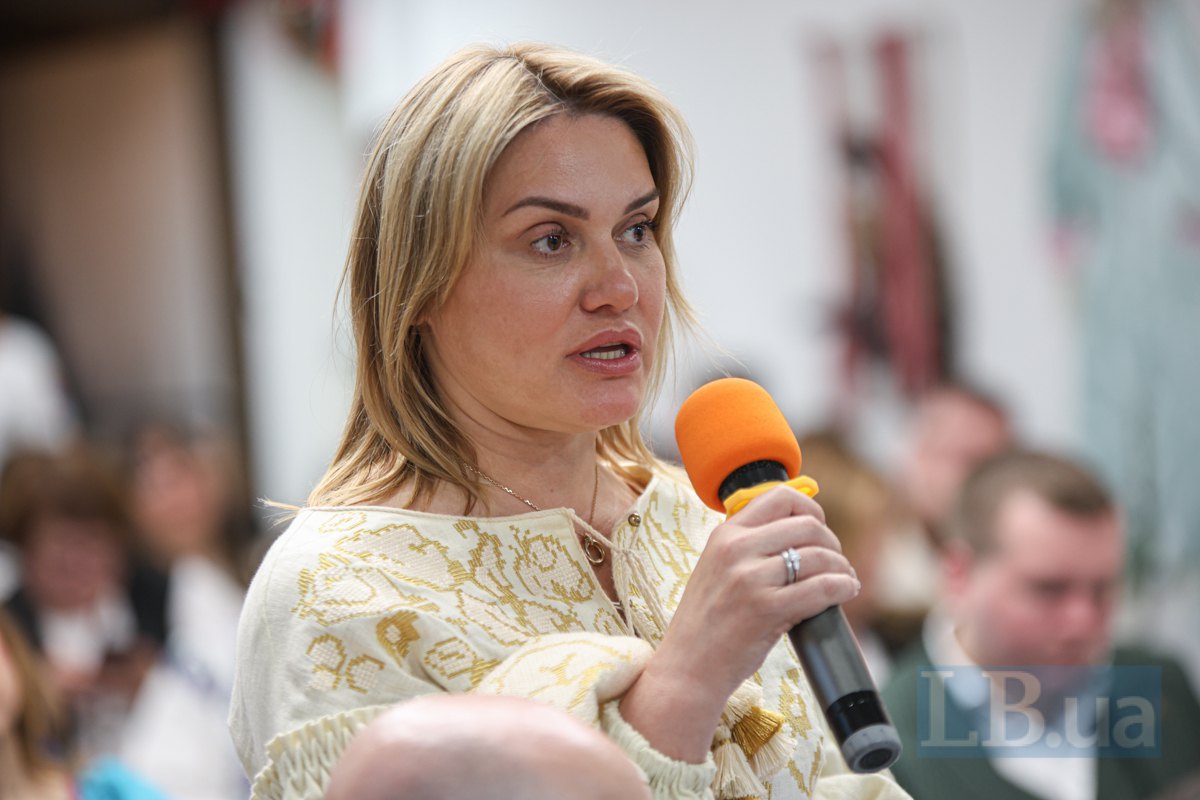
Minister of Economy Yuliya Svyrydenko replied that GDP growth is definitely not influenced by a single investment fund, there are many other obvious factors, such as budget support and the amount of investment attracted, the number of people living in the country who return and affect consumption. Therefore, everything will depend on the interest of the United States and their real contributions.
"We have an agreement on seed money (start-up funding). And we will, of course, negotiate some additional funds over the next few months, when the fund is actually operational. This is an honest answer.
I propose to rely on artificial intelligence and see what the calculations are. But these are very conservative forecasts of the impact of this instrument on overall GDP growth," Svyrydenko said.
Does the agreement contain security guarantees?
The agreement is not a security agreement, explained Svyrydenko, it does not replace security guarantees or other documents in any way. Nevertheless, it can be called an element of a large security architecture.
"We have a pragmatic partner. When this partner invests in Ukraine's economy, it will have even more motivation to defend our country," the minister said.
In addition, she reminded us that the US side can contribute to the fund not only with money but also with military assistance. It is important for us to have an uninterrupted supply of weapons during the war.
"This does not mean that all military weapons should go through the fund, but it is possible. Then such weapons are evaluated, and this will affect the distribution of profits that will take place in 10 years. Such a contribution will be assigned a class A share. And, accordingly, when the income is distributed, the income will be distributed first to the owners of Class A shares," Svyrydenko said.
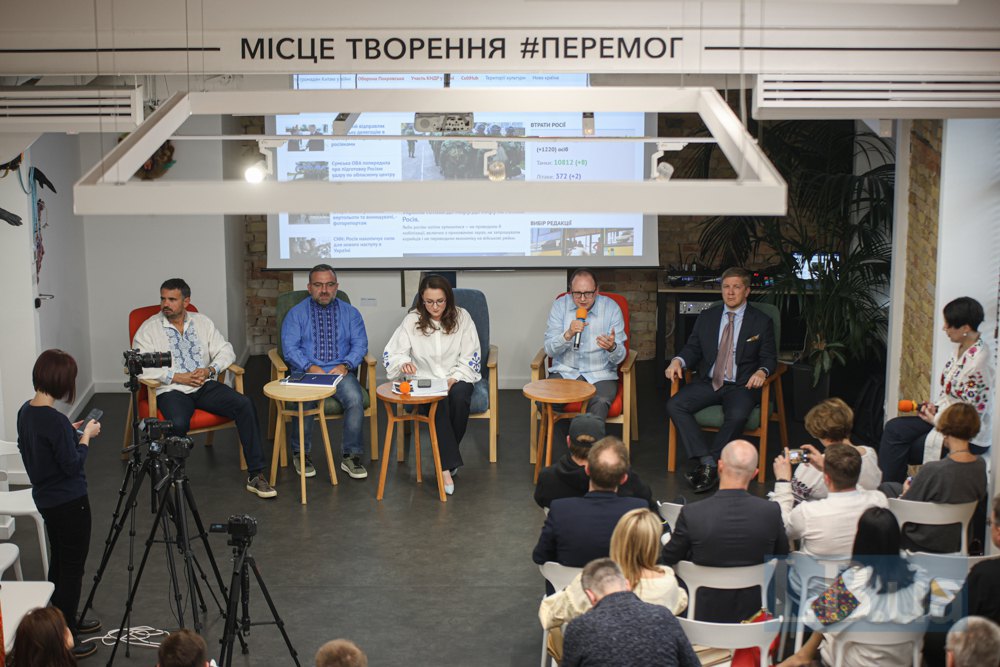
Deputy Minister of Ecology and Environment Yehor Perelyhin agrees with this view. He considers such cooperation with the United States to be an element of economic security, as Ukraine's integration into major supply chains, in his opinion, is one of the best guarantees, if not the best value-added, of economic and logistics security.
Ihor Liski, businessman and chairman of the supervisory board of EFI Group, also believes that simpler mechanisms could have been used to attract the investment itself. And since America has always been a security donor for Ukraine, this fund - through military services, arms supplies, conditional landlordism - should become a tool for attracting security components.
"I have a simple question. Does this agreement bring Ukraine closer to victory? Or does it not? It definitely does. Because if we lose the war, then, excuse me, our mineral resources, which, according to the Constitution of Ukraine, belong to the people, will be extracted by completely different guys with completely different brands, from a completely different, Russian company," said Igor Liski. And with the security enhancement mechanism, the agreement with the United States, in his opinion, seems to be ‘a unique chance to get a real American partnership with interests and principles’.
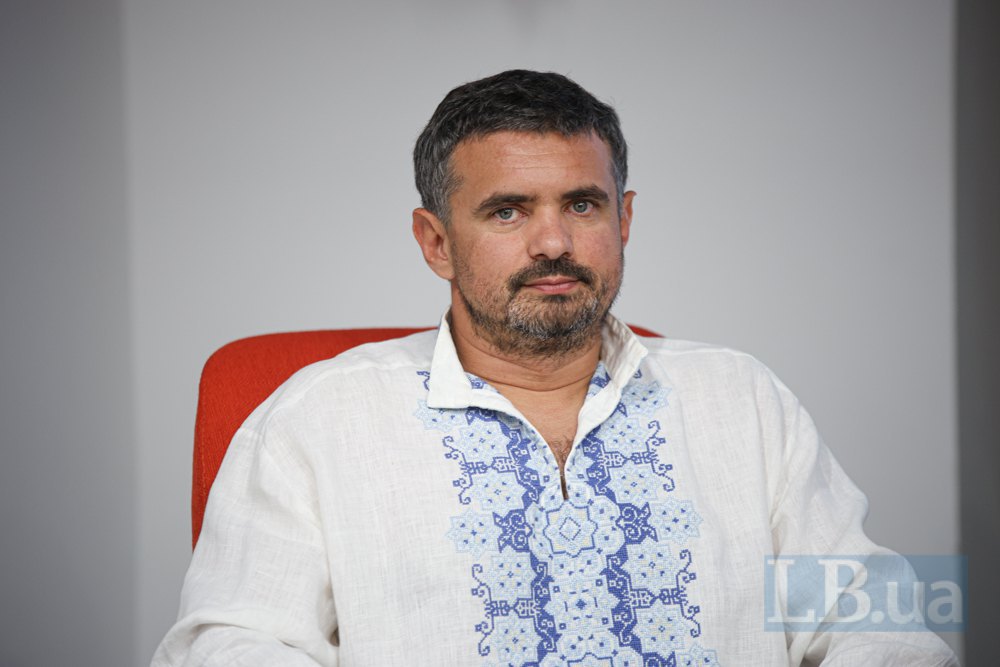
Who will control the fund's activities?
According to Vice Prime Minister Yuliya Svyrydenko, the country still has a parliamentary control function. "The Fund will be audited annually by the Audit Service. And, of course, there will be annual internal and external reporting, which will be available for review.
"The topic of transparency and accountability is extremely important. This is something that will concern the Ukrainian society and is already a concern in advance,‘ said NABU Head Semen Kryvonos, ’We, as anti-corruption agencies, will pay a lot of attention to the distribution and transparency of the distribution of the relevant fund, the financing of infrastructure projects. We also talked about this during working meetings in Washington with our partners in the anti-corruption bloc, so rest assured that we have already started work, identified this as a priority, are building up the appropriate types of muscle and will monitor it."
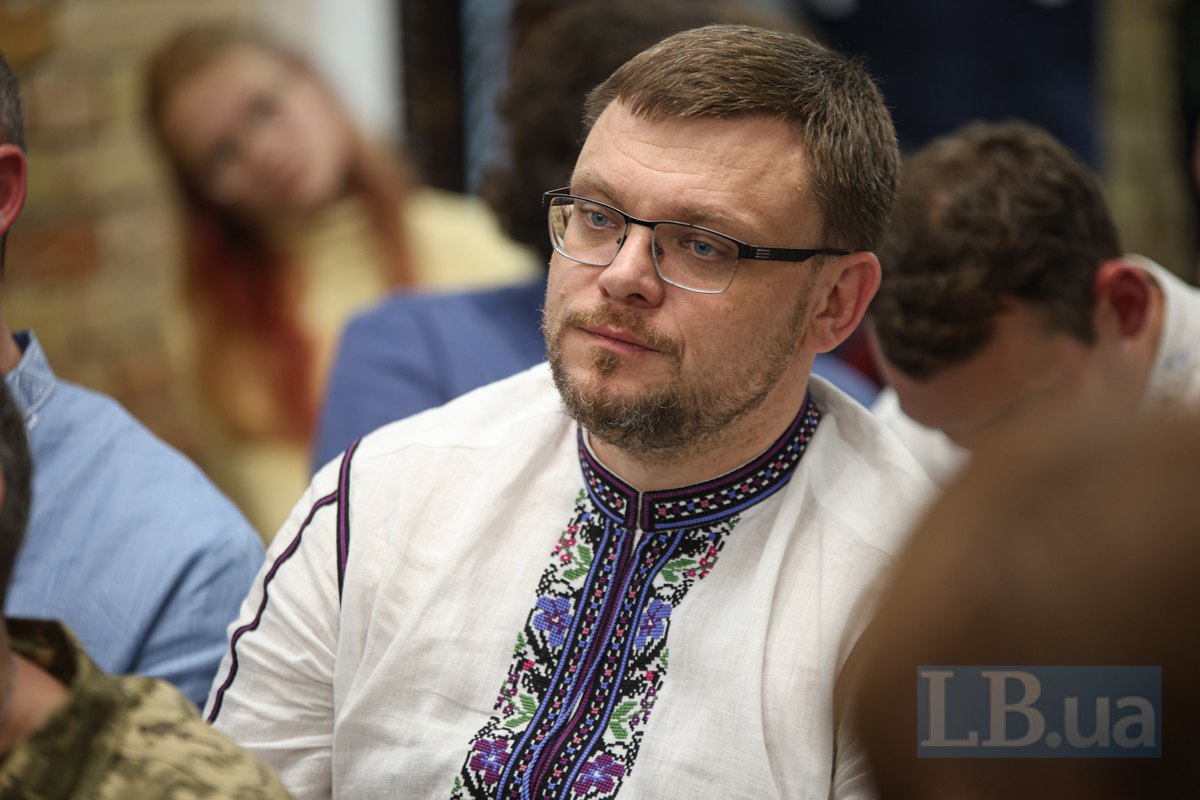
Cautions and cautious optimism
Ihor Burakovskyy, director of the Institute for Economic Research and Policy Consulting, believes that expectations from the creation of such a fund are exaggerated.
"The theory of economic policy is very simple. If you want to achieve N goals, you need N+1 instruments. If you want to achieve 10 goals, you need 11 or 12 instruments. And today, I think we have exaggerated expectations. Obviously, this agreement will have an impact, but let's not overestimate its potential," he said during the discussion.
Although Burakovskyy considers the fund to be specific, as there is no other institution in Ukraine with this status, he said that such an instrument ‘seems important’.
Ukrainian philosopher Yevhen Bystrytskyy, PhD, reminded that this agreement is what is called a deal and was born under strong pressure from Donald Trump and the realities of war. However, Bystrytskyy believes that its general principles should be supported.
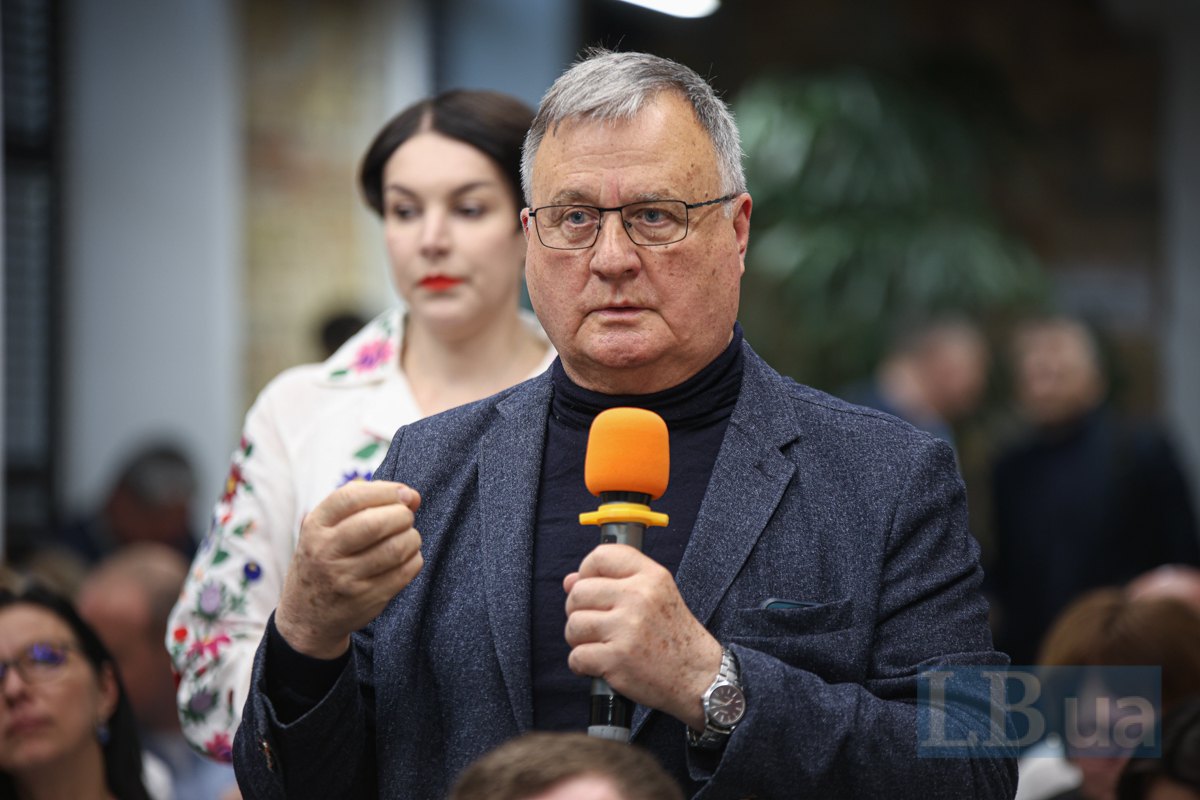
The founder of the National Association of Extractive Industries of Ukraine, Kseniya Orynchak, noted a very low level of understanding in the regions - both at the level of citizens and at the level of village and regional councils - of what subsoil development is for. She called on the relevant ministries to step up their work and complained that deregulation of the sector as a whole has been suspended since December 2024.
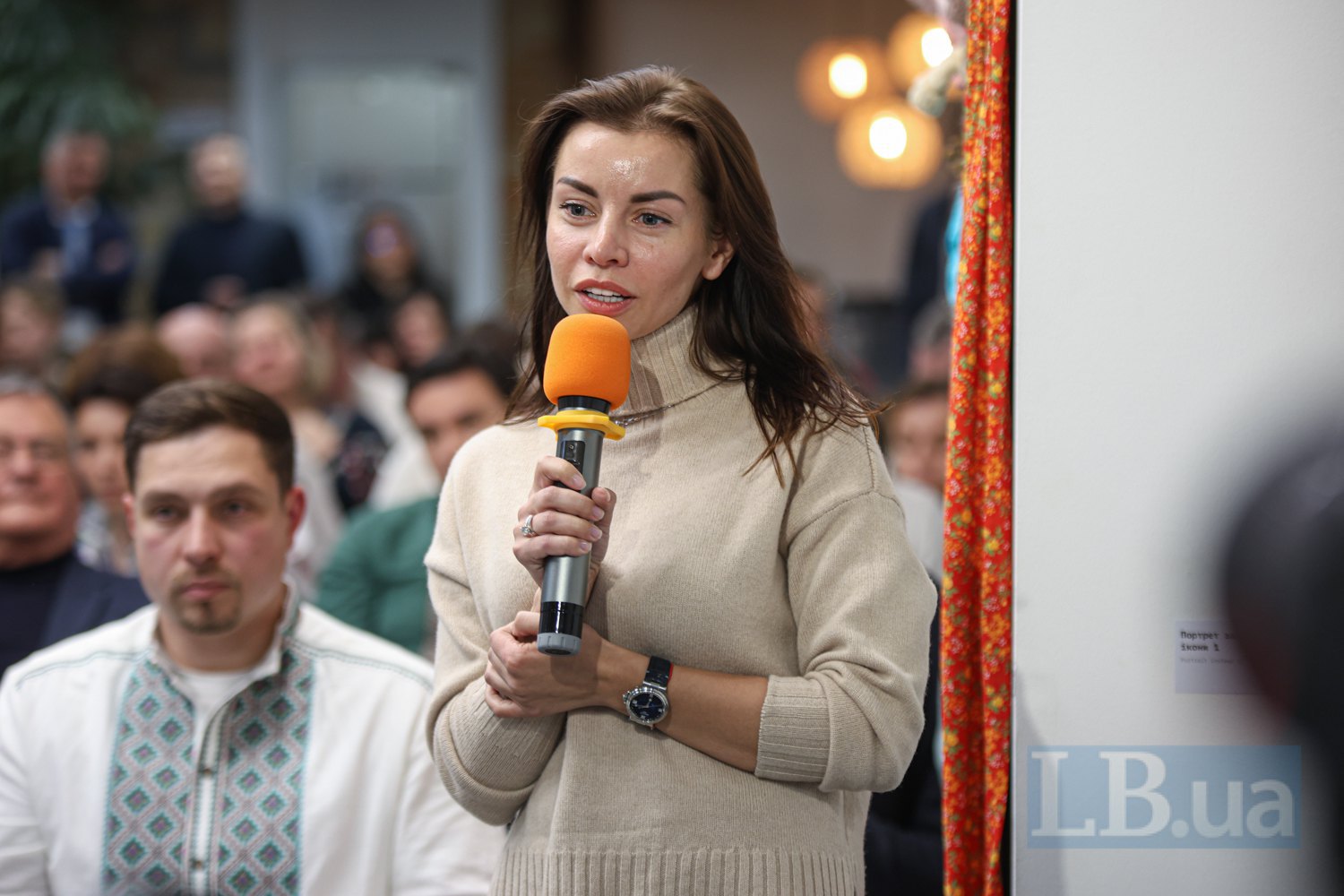
European Solidarity MP Nina Yuzhanina, referring to information obtained from the Tax Service, noted that all the fields explored in the 80s are ‘difficult to extract’. According to her, this suggests that the cost of production may be higher than expected, including by Americans. And no one knows the real technical characteristics. Yuzhanina herself voted for the ratification of the agreement only as ‘one of the documents of the security architecture’.
‘Everything else is the future, which may or may not happen,’ the MP stressed.
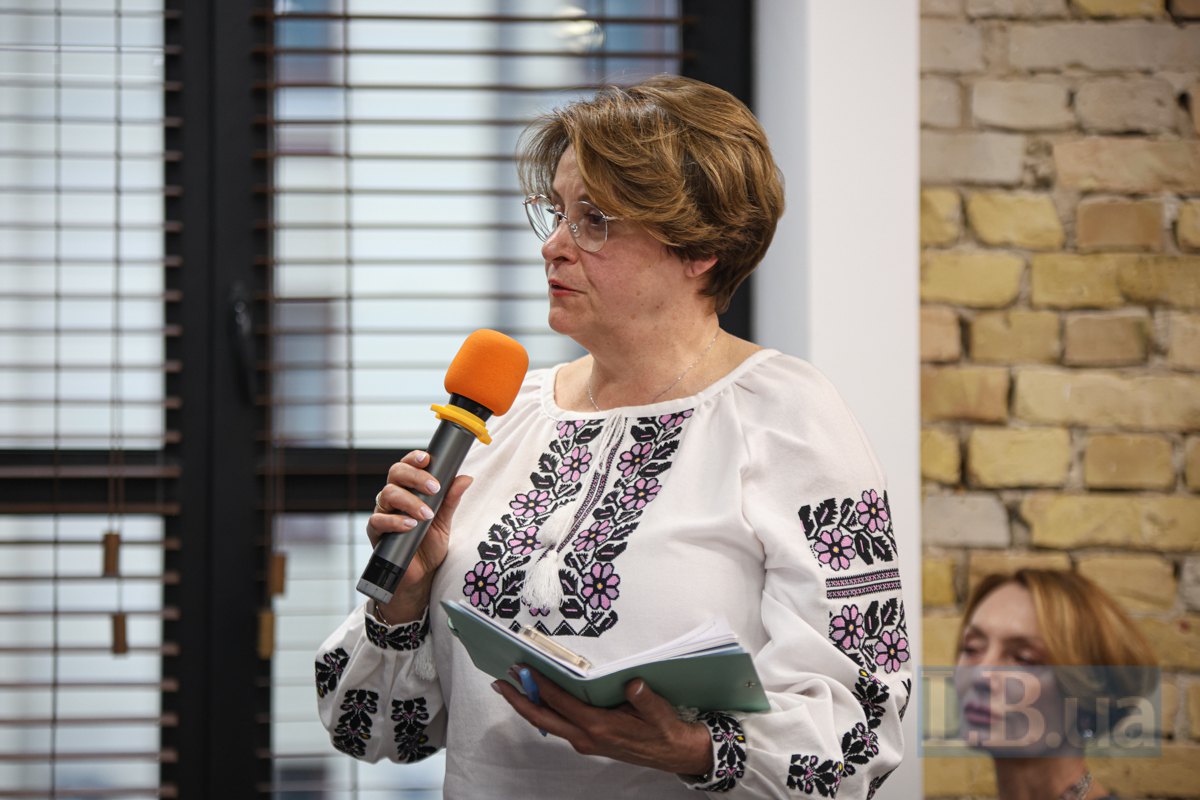
Nataliya Mykolska, executive director of Diia.City United, believes that this agreement should be communicated not only as about critical minerals and processing. It should be explained what it means for each industry - agriculture, technology, etc.
"The reopening of DFC, which has been operating in Ukraine for many years, is an incredible signal for the entire business. There are no investment deals now, even in the technology business, without DFC insurance. So if we can all start talking together about what this deal will bring to other sectors besides subsoil, we need to talk about it," Mykolska said.
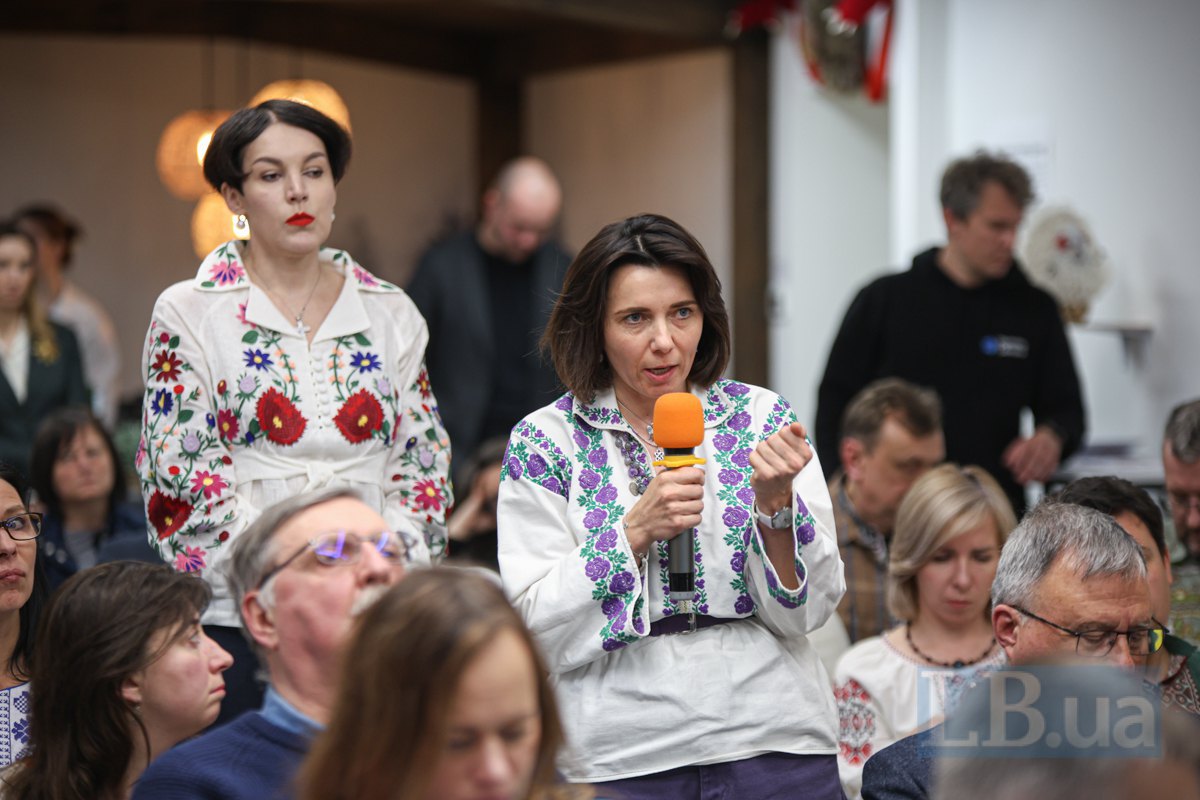
Deputy Governor of the NBU Kateryna Rozhkova is also optimistic about the deal with the US. However, she stresses that this is her personal opinion, not the official one of the regulator.
"Economic theory says that reality is shaped by the expectations of economic agents. And you and I, as individuals, as legal entities, as regulators, are economic agents, and our expectations will shape the future. So, from this point of view, this is a very positive signal in general. And with the right communication and further correct steps in implementation, the cumulative effect will be much greater.
I'm not ready to count money and GDP growth right now, but I understand that business expectations, willingness to invest not only in subsoil, not only with the help of this fund, and the expectations of the population as a potential workforce because of the coming technologies, even in anticipation of these technologies, will all contribute to accelerating economic growth and economic development. And not only that. Perhaps also basic science," Rozhkova said.
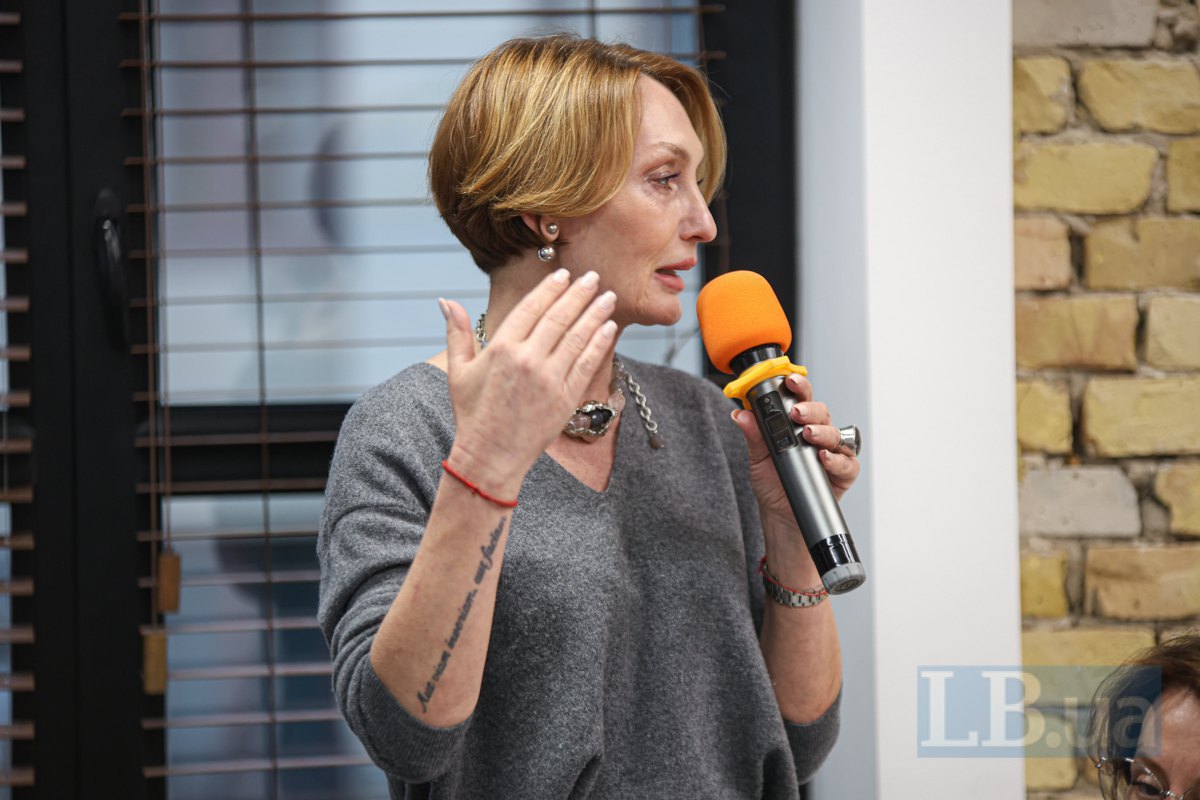
Businessman Ihor Liski shares a similar view. In his opinion, the agreement can restore confidence in the Ukrainian economy, investment climate and the future in general. It could also give us a chance for technological development, as the businessman notes that no one is interested in a country that only grows wheat.
‘The availability of our natural resources is a chance to build a foundation and then use it as an argument to create processing facilities and attract experts and finance to develop technologies,’ Liski said.
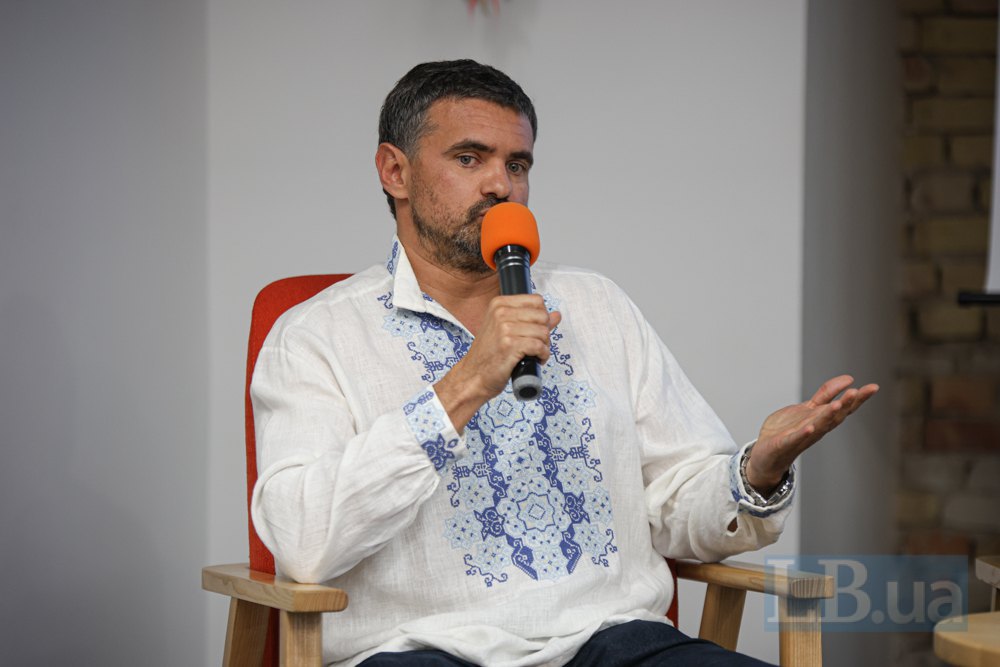
Summing up the almost two-hour conversation, First Vice Prime Minister Yuliya Svyrydenko urged not to treat the recovery fund as a magic wand that will solve all our problems.
‘This is just one tool to attract investment. This is how it should be perceived,’ summed up Yuliya Svyrydenko.
